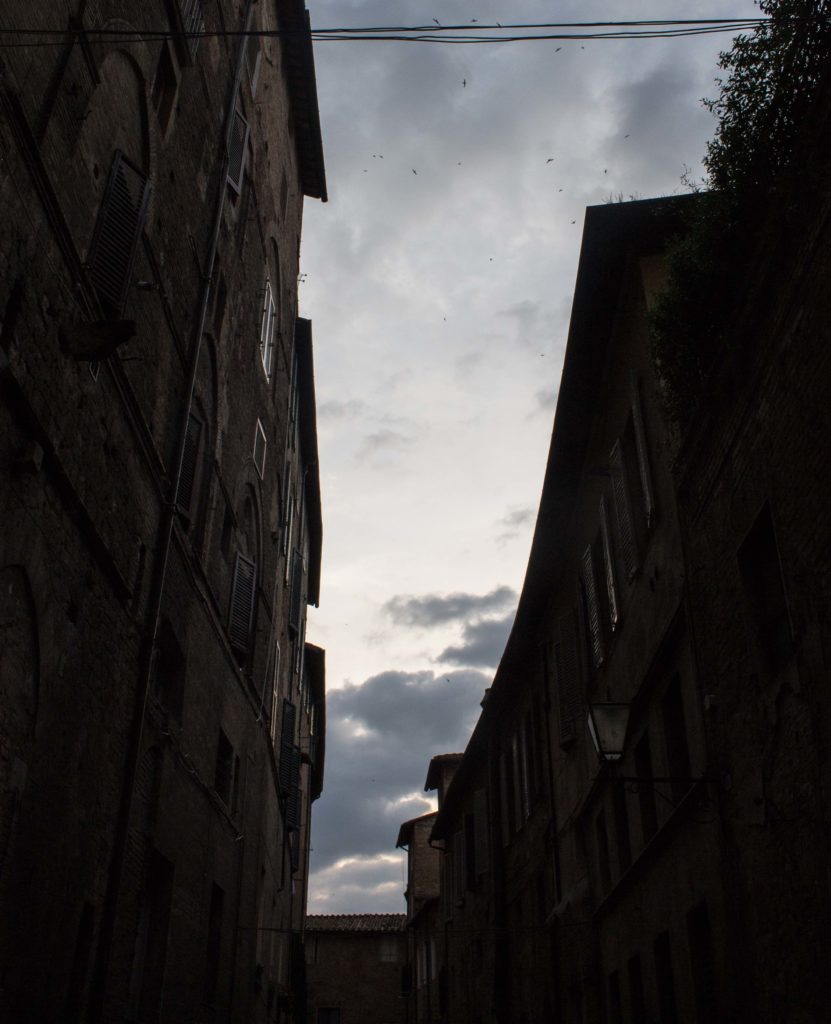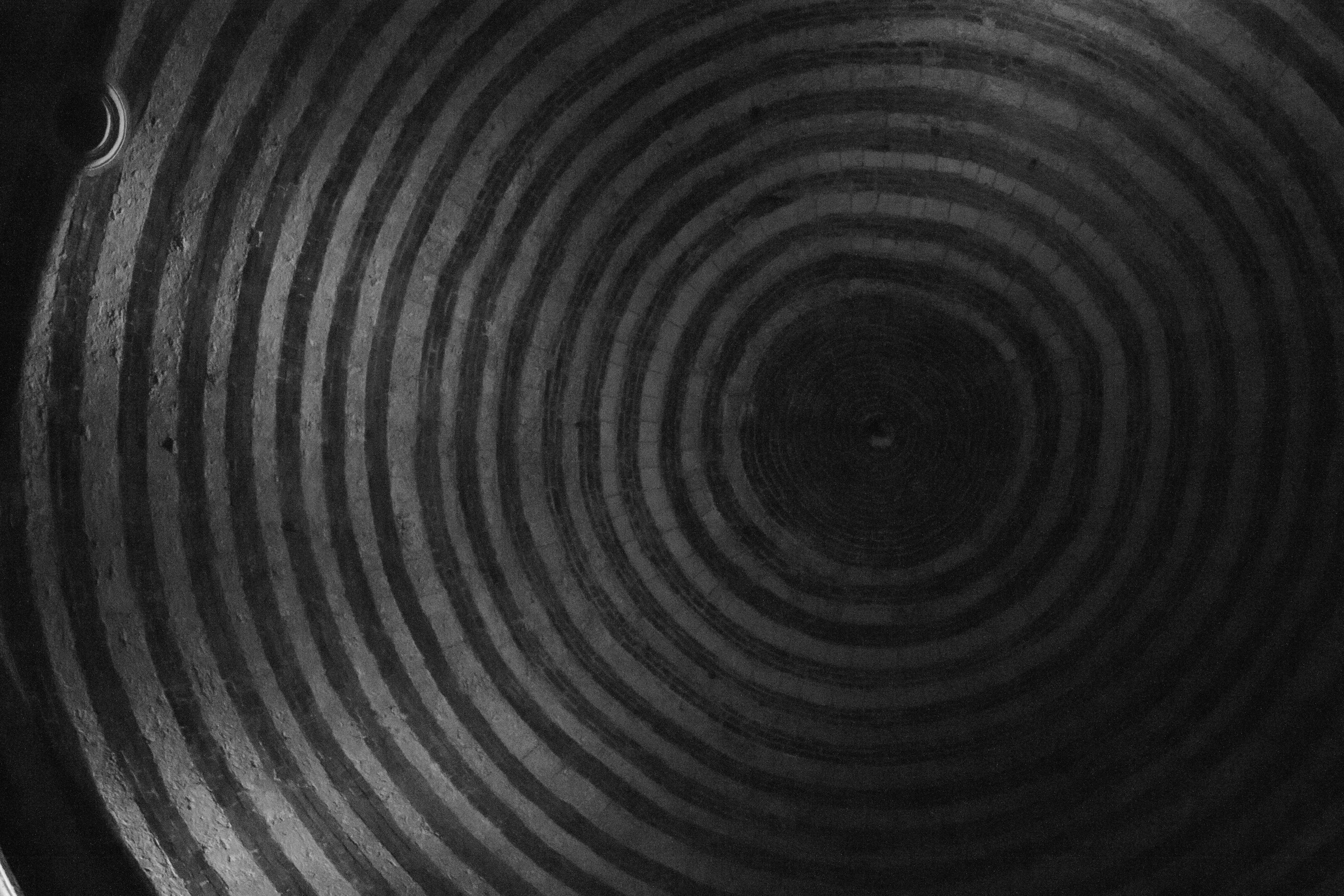We call our first-semester seminar “In Class/OutClassed,” and
pitch it this way“In Class/OutClassed: On the Uses of a Liberal Education,” Emily Balch Seminar, Bryn Mawr College, Fall 2011.:
Along with Anne and two seniors, Jomaira and Sarah (Posse Scholars from working-class Boston, who are serving as our student consultants through the Teaching and Learning Initiative)“Teaching and Learning Institute at Bryn Mawr and Haverford Colleges,” Bryn Mawr College, 2017.—I am planning linked sections of this seminar. We all worry that it could become an exercise in shame and guilt, paralysis powered by intellect that hits at the gut. Can we find language to class and de-classify, act and re-enact our complex relations with each other and with others? How to teach toward “response-ability,” carrying the etymological call for students to develop capacities for responding to others, so that “people with different kinds of precarious lives can begin to recognize each other and to recombine their efforts in order to produce a new vision, a new autonomy, creating something together”?Valerie Walkerdine, “Using the Work of Felix Guattari to Understand Space, Place, Social Justice, and Education,” Qualitative Inquiry 19 (2013): 763.
As I begin to outline the story of this class, other tales begin to haunt me, seeping through the cracks of my understanding, tugging, taking me into foggier landscapes…
My mother’s father Joseph was a Jewish intellectual, a communist who killed himself because (or so the story goes) of his anguish at not being able to provide enough for his family: my mother and her younger sister and brother. Their mother went on to raise her family on wages earned as a ticket-taker at the movie theater. This meant we got into the movies for free when we visited her in that neighborhood in Brooklyn that now seems to me a made-up place, a movie itself. I never knew my grandfather, who died when my mother was 14. And we could afford to pay for the movies, though my parents never finished compensating: my mother by scrupulous attention to what things cost, my father the opposite—choosing law instead of teaching, honing his palate, buying a home in a neighborhood known for its schools…
Avery Gordon describes haunting as “an animated state in which a repressed or unresolved social violence is making itself known… . The ghost demands your attention. The present wavers.”Avery Gordon, “Some Thoughts on Haunting and Futurity,” Borderlands 10 (2011): 2.
I feel as if I somehow witnessed my grandfather’s death: mangled body on the sidewalk thrown from the second story apartment on top of the candy store that was, perhaps, to blame. Or, in another version, the family found him in the morning hanging from a rafter in that candy store. I don’t know how I’d know these details, or how I might’ve come to make up these images, or which if either is true…since this story is never talked about in my family. Never.
Observing that “the available critical vocabularies were failing…to communicate the depth, density, and intricacies of the dialectic of subjection and subjectivity…of domination and freedom, of critique and utopian longing,” Gordon offers hauntings as a source of sociological insight: It’s the “inert furniture” that does the trick, she says.Avery Gordon, Ghostly Matters: Haunting and the Sociological Imagination (Minneapolis: University of Minnesota Press, 1997), 5.
Before the suicide (there’s always a before), Joseph left Orange, New Jersey, where he’d been beaten for being Jewish, for being poor, and for being a socialist. He moved his family to Brooklyn, took them into Manhattan to hear music and eat in restaurants and visit the museums; found a giveaway piano and, somehow, money for lessons for my mom when her teacher said she had an ear for music. But he also berated her for not working harder in school and favored her sister, my Aunt Rita, who read ferociously while one-handedly scrubbing out clothes in the washtub Saturday mornings, and yearned for another social order….
What lies in the space between body and fabric? Between the stuff of classed experience: where each of us went to school, whether we had health care, what we ate and drank? How might such detail help us creep into the cracks within and between, into what Gordon calls the “complex personhood” where people “remember and forget, are beset by contradiction, and recognize and misrecognize themselves and others…suffer graciously and selfishly too, get stuck in the symptoms of their troubles, and also transform themselves”?Gordon, Ghostly Matters, 4.
This chapter attends to such hauntings textured by class; juxtaposes analyses of personal and institutional histories “in which you touch the…ghostly matter of things: the ambiguities, the complexities of power and personhood… the shadows of ourselves and our society.”Gordon, Ghostly Matters, 134. How do such shadows haunt the teaching of class in class? Although I never knew Joseph, his ghost has wended its way into my personal, political, pedagogical yearnings and commitments, pushing me to reach toward a different world. Reminding me how shadows where we live and learn might offer glimpses into other worlds.

Breathing shallowly now, I can feel the narrow hallways, even smell the permeating odors of Greek cooking next door to the apartment I was small in. I see the front steps in the tract housing of my elementary school years; the luxuriant athletic fields in high school, the courtyard where we got high and protested—chanting “fuck you” to the powers-that-be—and, in an interdisciplinary program in my senior year, calling teachers by their first names and analyzing familial dysfunction in A Long Day’s Journey into Night. This was my trajectory into the middle class. Where my parents could choose babysitters and vacations, and where I learned to buck those choices by some of my own: dropping out of college to work at the Woolworth’s lunch counter, saving my money for travelling around Europe with no end date in sight. Class mobility, choices…and college waiting for me when I got back. Later, graduate school and then, via some side-stepping, a job in the academy. A rowhouse first in the formerly glorious Germantown, and then, as the cracks in that social network became increasingly deep and troubling, a twin in a middle-income suburb. Two children whose friends often sported a display of considerable wealth. In contrast to my husband, though, who grew up in a factory town, I still always had a sense of having enough and more. Or access to that.
Nevertheless, as I sit here thinking—where to begin writing about class?—it is the ghost of my grandfather Joseph who joins me: Joseph who never had that sense of enough—for his family and for all those others,
Joseph: after whom I’m named.

